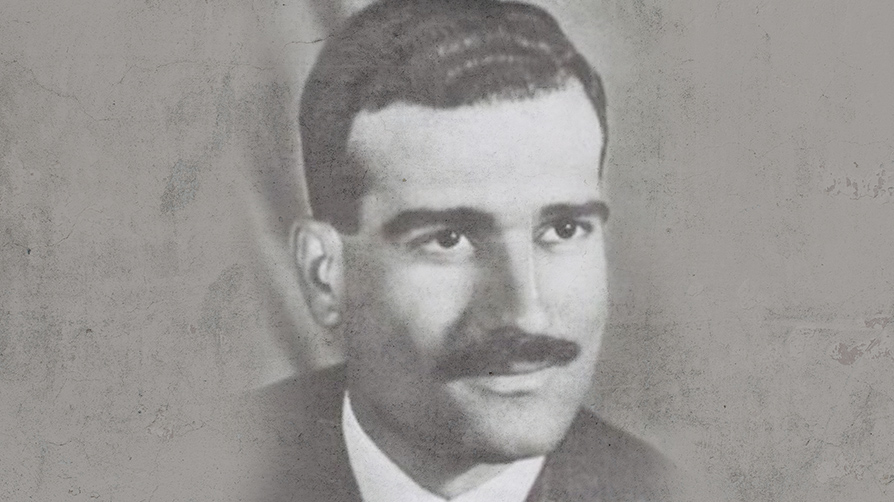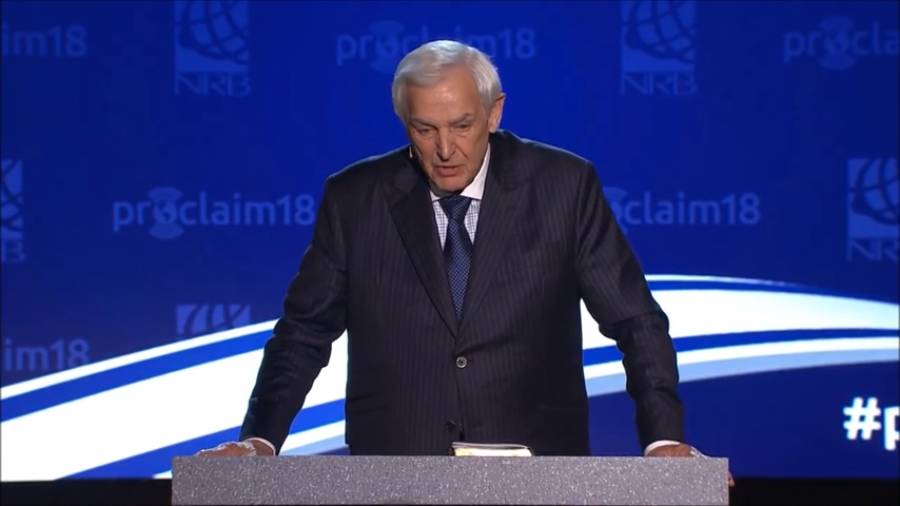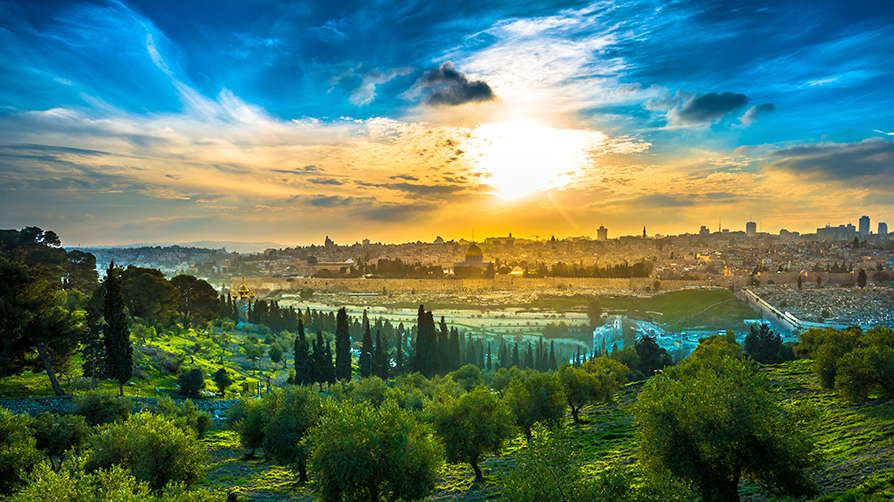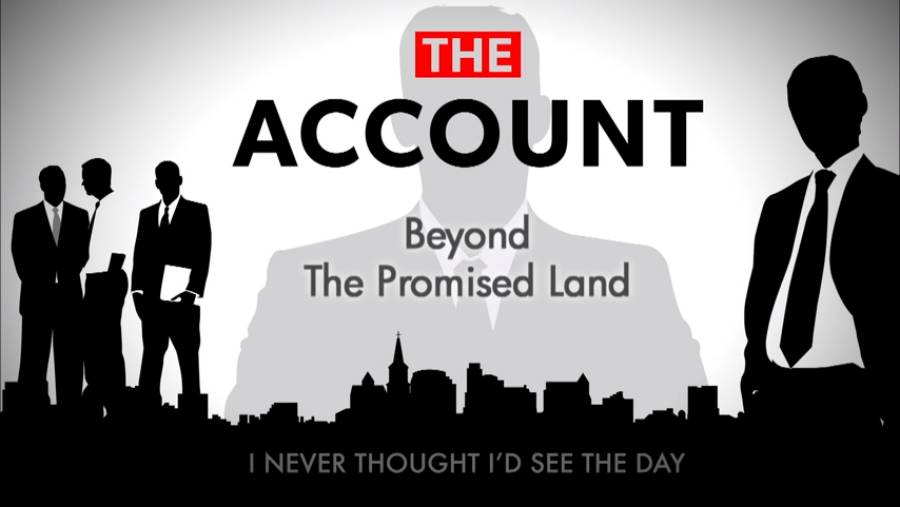

Dr. David Jeremiah Presents
Living inthe Ageof Signs
Online Destination

Living in the Age of Signs
Online Destination

The Bible Habit
Today’s Audio Devotion:
The Bible Habit
Ovid said, “Nothing is stronger than habit.” Habits are those patterns of daily behavior that make us who we are. For the believer the habit of daily Bible reading and prayer is the reservoir of our spiritual vitality. George Müller said, “The vigor of our spiritual life will be in exact proportion to the place held by the Bible in our life and thoughts.”
Have the pressures of life disrupted this habit in your life? Sometimes Christians get out of the habit of reading and studying the Scriptures. They miss a day, then another. Eventually Satan uses this to silently steal away their desire for the Word. Don’t allow that to happen. What we do occasionally may inspire us, but what we do every day shapes us. We must abide in His Word!
If you’ve missed your Bible time recently, start back. Today!
God’s Word is the instrument by which God’s Spirit transforms the Christian.
Robert M. Horn
For Your Phone or Tablet
Official Mobile App and Lock Screens
Beyond the Promised Land
This is episode nine from The Account, an original Turning Point Television production that was created to introduce David Jeremiah's teaching series I Never Thought I'd See the Day! Its message remains relevant for us as we are Living in the Age of Signs.
The Account takes you back to the 1960's when the advertising agency of Wyndham Ridgestone landed the most mysterious client in the history of their firm. This shadowy and intimidating Client hires the firm to influence the masses—to sway the behavior of people toward a liberal mindset—to market a moral shift in American culture. The faceless and nameless Client presents ten issues to the advertising firm and employs it to create these morally destructive campaigns.












